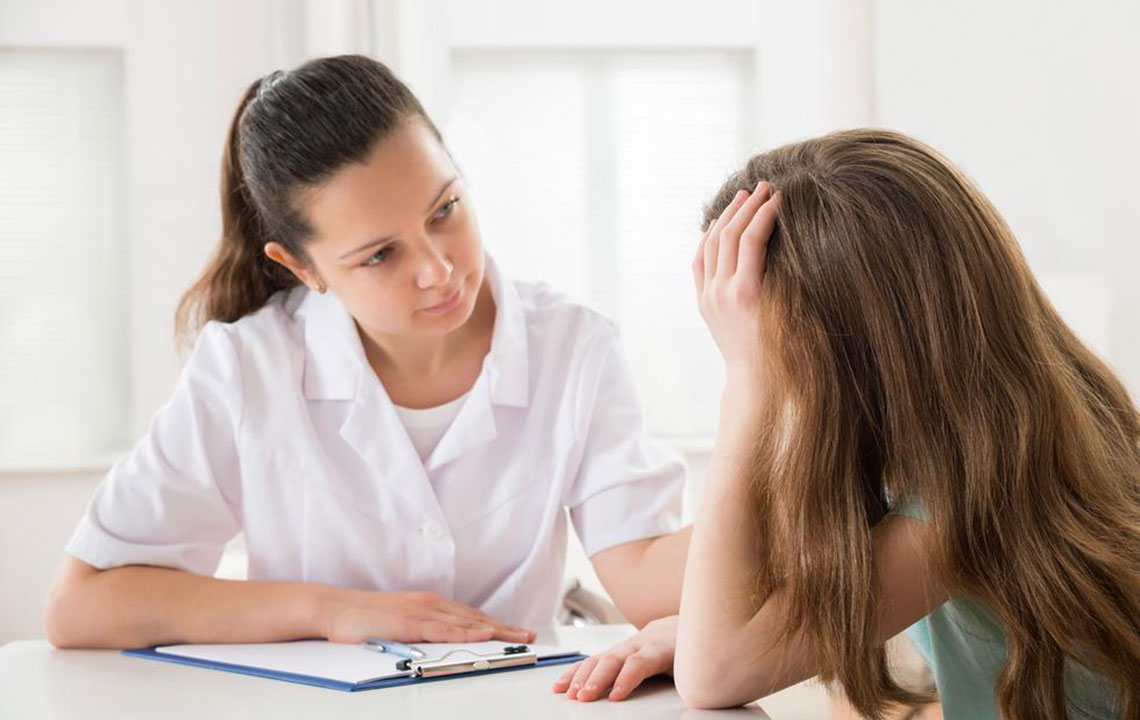List of Symptoms in ADHD-affected Adults
Attention deficit hyperactivity disorder (ADHD) is a medical condition that affects both adults and children. A person suffering from this condition has differences in brain activity and brain development that affect self-control, attention, and the ability to sit still. ADHD can affect people at home, work or in relationships as it has a telling impact on the way people behave.
It is easier to recognize ADHD in adults than children as the signs are prominent.

- Trouble getting organized
The troubles of managing bills, children, and jobs to name a few can prove to be quite a task for ADHD patients. - Reckless driving
Reckless driving and frequent accidents are a few of the symptoms ADHD adults come across often. The condition makes people more likely to drive recklessly which leads to getting speeding tickets and losing their license. - Marital problems
Constant marital problems, arguing over small things, poor listening skills and an inability to honor commitments is a sign of the onset of the disease. - Prone to distraction
Not being able to get your mind on things and getting distracted easily is a sign of ADHD. Finishing any particular task becomes difficult for ADHD patients and they keep moving from one thing to another. As you are easily distracted, your mind jumps from one thing to the other. You may plan to do something, but it slips off your mind and you start doing something else. This results in you getting late for almost everything. - Poor listening skills
When you appear to be listening to someone but your mind is somewhere else, it indicates the onset of the condition. - Trouble starting a task
While you may like the idea of doing something, you are not able to do it as it requires too much attention and concentration. This is one of the symptoms of ADHD in adults.
Therapy and medicine are ways to treat this condition. Therapy helps people develop emotional, social, and planning skills. This is generally lacking in ADHD patients. Medicine helps activate the ability of the brain to slow down, pay attention, and use more self-control. Seek treatment options only after carefully monitoring an adult’s ADHD symptoms and diagnosing the disease. The disease can get better with time; so, do not waste time once the disease is a certainty. The earlier the treatment, the more effective it is.




